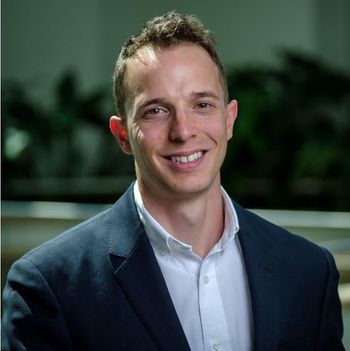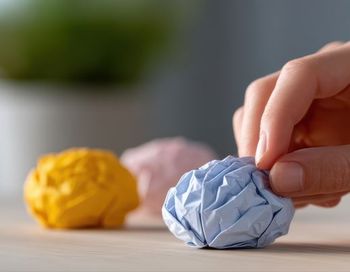
USPSYCH: Daily Coaching and Professional Organizers May Help With ADHD
NEW ORLEANS -- Although pharmacological treatments are the mainstay of therapy for attention-deficit hyperactivity disorder (ADHD) in adults, psychosocial treatments can be a useful adjunct and improve patients' quality of life.
NEW ORLEANS, Nov. 22 -- Although pharmacological treatments are the mainstay of therapy for attention-deficit hyperactivity disorder (ADHD) in adults, psychosocial treatments may be a useful adjunct and improve patients' quality of life.
Psychosocial treatments include not only psychotherapy and counseling but less-well known approaches such as an ADHD "coach" and a professional organizer, said Carol E. Watkins, M.D., of Northern Country Psychiatric Associates in Baltimore.
Dr. Watkins outlined the array of psychosocial treatments available to adults with ADHD at the U.S. Psychiatric & Mental Health Congress here.
Individual psychotherapy: This approach can help patients identify "maladaptive patterns" related to the ADHD and find better ways of coping with them. Both the insight-oriented therapy and cognitive and behavioral therapy can be useful, Dr. Watkins said.
Couples and family therapy: ADHD can put a major strain on a marriage, Dr. Watkins said. Spouses may not understand that their partner's inattention and forgetfulness is not intentional. Extended couples therapy may help the non-ADHD spouse learn to give supportive structure without being controlling, Dr. Watkins said.
Group therapy may be useful for helping patients build a system of support, Dr. Watkins said. If, during group therapy, patients are able to make suggestions that help other group members, they may begin to feel a sense of competence. For patients who can not sit still in a chair for an entire therapy hour, psychodrama may be a better approach, Dr. Watkins added.
12 Step Groups are useful for adults with ADHD who are substance abusers. "These meetings help foster a sense of shared community and help the individual deal with issues of blame and responsibility," Dr. Watkins said.
ADHD Coaching is distinct from psychotherapy, Dr. Watkins said. An ADHD coach talks to patients at regular, daily intervals and helps them define, clarify, and prioritize their goals. Since ADHD coaching is relatively new phenomenon and there is no regulation or oversight of this profession, it is important to make sure that coaches are trained and have experience. However, in a pinch, even a mentor, a sympathetic teacher, or a friend can serve as a coach, Dr. Watkins said.
Electronic Organizers: "I am a big believer in the use of electronic organizers," Dr. Watkins said. "Unfortunately, many patients start out with them enthusiastically but then trail off within a month." A seminar that teaches patients how to set up and use the organizer is often useful. Some seminars will also follow up with encouragement and reminders to use the planner, Dr. Watkins noted.
A Professional Home Organizer can be hired for patients with cluttered, disorganized homes. Professional organizers come to the house and help determine what can be thrown away. Professional organizers are not the same as cleaning services, Dr. Watkins stressed, "although a cleaning service is probably also a good idea," she said.
Newsletter
Enhance your clinical practice with the Patient Care newsletter, offering the latest evidence-based guidelines, diagnostic insights, and treatment strategies for primary care physicians.


































































































































